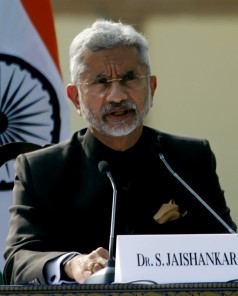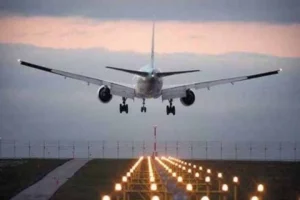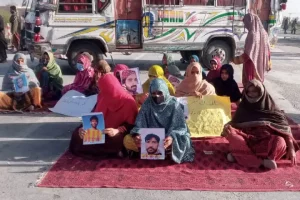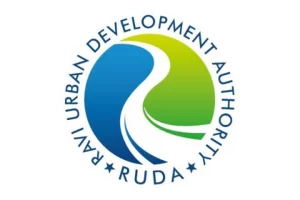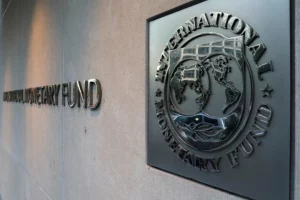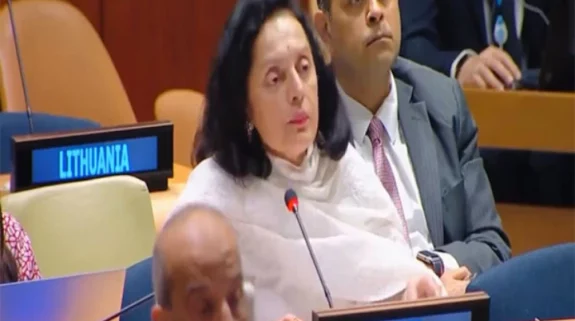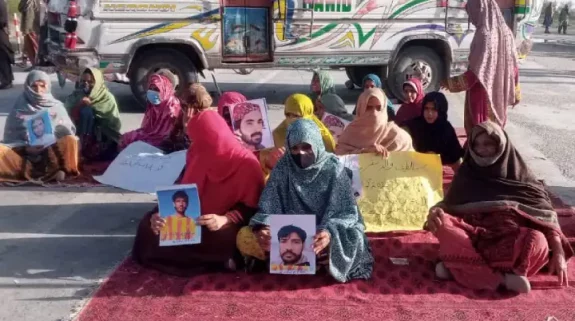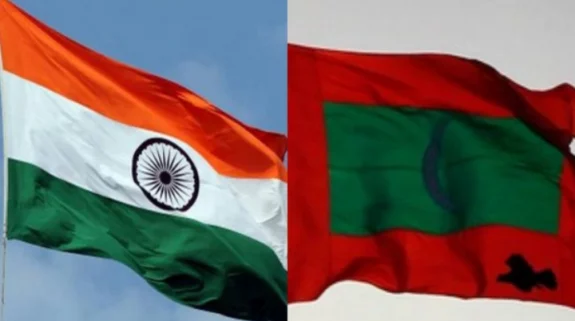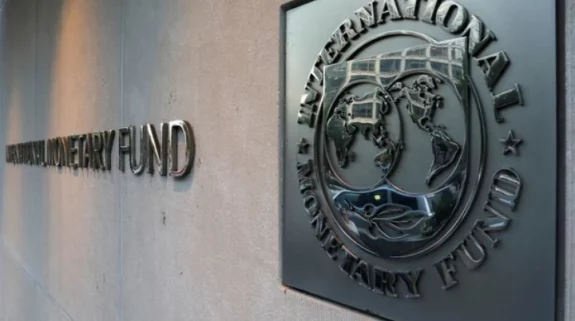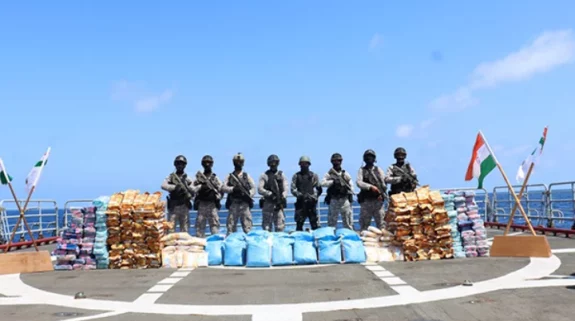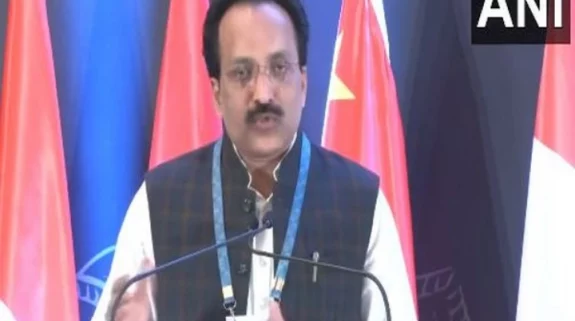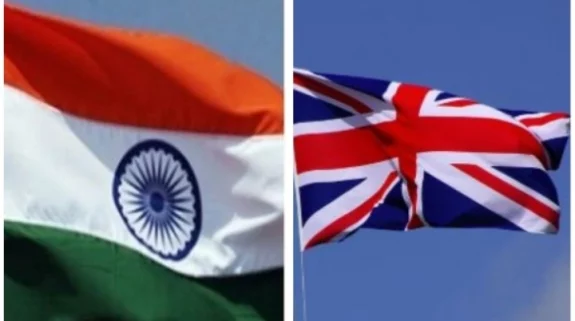India's External Affairs Minister, Dr S. Jaishankar admitted today that the country's relationship with neighbour China is at "crossroads" right now and that the choices that are made will have "profound repercussions" for the entire world.
While delivering his keynote address at the 13th All India Conference of China Studies, Jaishankar said the events of 2020 have actually put relationship between both the countries "under exceptional stress"
even as India is yet to receive a credible explanation for the change in China's stance or reasons for massing of troops in the border areas.
"It has often been said that the ability of India and China to work together will determine the Asian century. At this time, it is equally important to recognize that their difficulties in doing so may well undermine it. The India-China relationship is today truly at a crossroads. Choices that are made will have profound repercussions, not just for the two nations but for the entire world," the minister said in his address.
India and China have been engaged in a nine-month-long standoff along the Line of Actual Control in Eastern Ladakh. Despite several levels of dialogue, there has not been any breakthrough and the deadlock continues.
Jaishankar said that the events in Eastern Ladakh last year have "profoundly disturbed" the relationship because they not only signalled a disregard for commitments about minimizing troop levels, but also showed a willingness to breach peace and tranquillity.
"Whether it is our immediate concerns or more distant prospects, the fact is that the development of our ties can only be based on mutuality. Indeed, the three mutuals – mutual respect, mutual sensitivity and mutual interests – are its determining factors. Any expectation that they can be brushed aside, and that life can carry on undisturbed despite the situation at the border, that is simply not realistic," he said.
The External Affairs Minister spoke about how, even before 2020, the India-China relationship witnessed decisions and events that reflected the duality of cooperation and competition. While trade grew dramatically, Chinese companies obtained access to the Indian market in sectors like power and telecom and the number of Indian students and tourists visiting China increased massively, some of the divergences were also apparent.
"You may recall the practice of stapled-visas; or the reluctance to deal with some of our military commands. Then there was China’s opposition to India’s membership of the Nuclear Suppliers Group and to a permanent seat in the UN Security Council. When it came to trade, promises of market access did not match delivery. The blocking of UN listing of Pakistani terrorists involved in attacks on India had its own resonance. And of course, the violation of Indian sovereignty by the China-Pakistan Economic Corridor. Even the border areas saw frictions on some occasions," he said.
Emphasizing that the peace and tranquillity at the Line of Actual Control needs to be both observed and respected by both sides, Jaishankar pointed out at the increasing construction of border infrastructure, especially on the Chinese side.
"Since 2014, there may have been more efforts by India to reduce this very considerable gap, including greater budget commitments and a better road building record. Nevertheless, the infrastructure differential remains significant and, as we saw last year, consequential," he mentioned.
He said that even though the discussions are underway through various mechanisms on disengagement at the border areas, if ties are to steady and progress, policies must take into account the learnings of the last three decades.
"Experience of the past taught us the importance of stabilizing our relationship even while adjusting to changes. From that, we can seek proper guidance that will be to the benefit of both nations.
These, the minister said, can be summed up by eight broad propositions:
- First and foremost, agreements already reached must be adhered to in their entirety, both in letter and spirit.
- Second, where the handling of the border areas are concerned, the LAC must be strictly observed and respected; any attempt to unilaterally change the status quo is completely unacceptable.
- Third, peace and tranquillity in the border areas is the basis for development of relations in other domains. If they are disturbed, so inevitably will the rest of the relationship. This is quite apart from the issue of progress in the boundary negotiations.
- Fourth, while both nations are committed to a multi-polar world, there should be a recognition that a multi-polar Asia is one of its essential constituents.
- Fifth, obviously each state will have its own interests, concerns and priorities; but sensitivity to them cannot be one-sided. At the end of the day, relationships between major states are reciprocal in nature.
- Sixth, as rising powers, each will have their own set of aspirations and their pursuit too cannot be ignored.
- Seventh, there will always be divergences and differences but their management is essential to our ties.
- And eighth, civilizational states like India and China must always take the long view.
Respecting the three mutuals and observing these eight principles will surely help us make the right decisions, the minister concluded.






